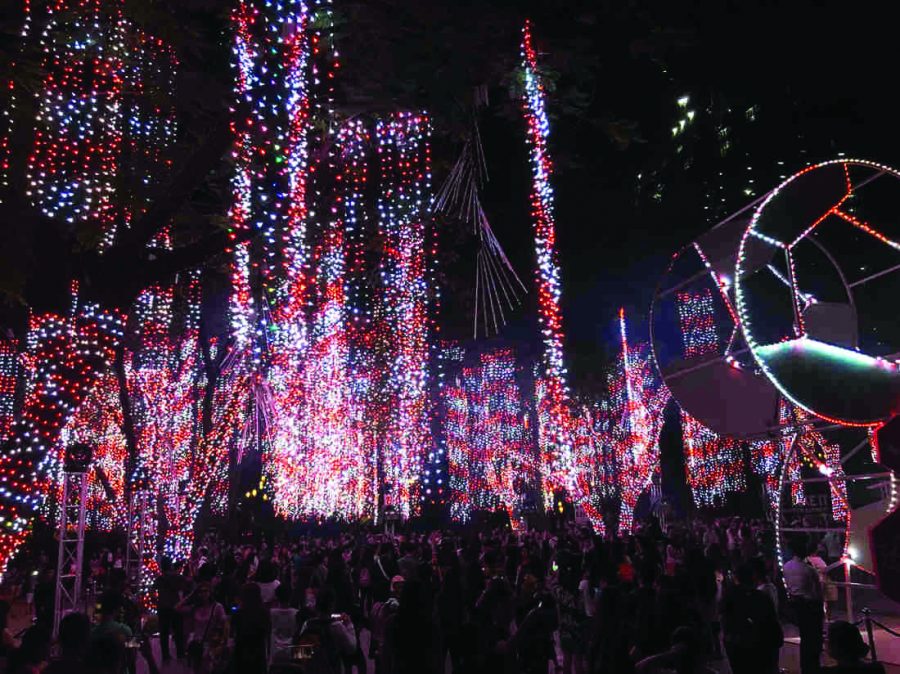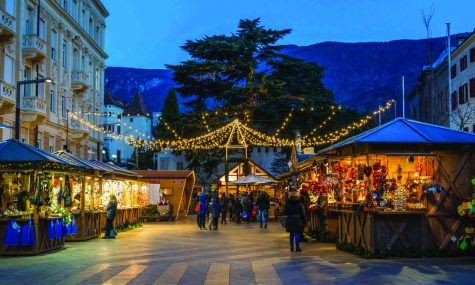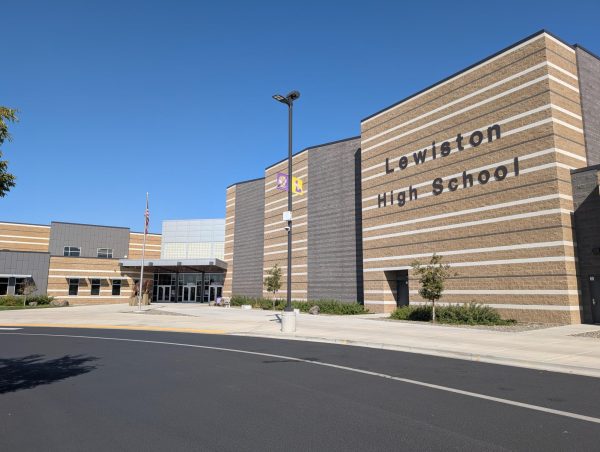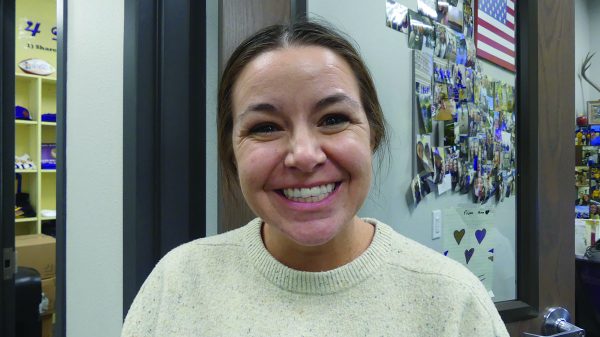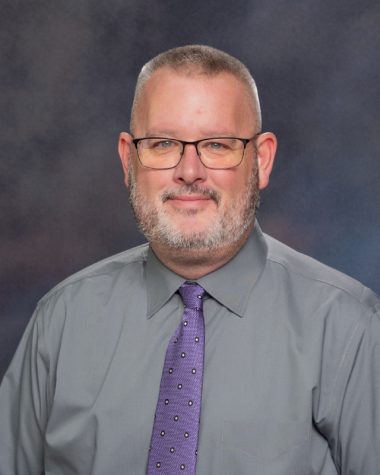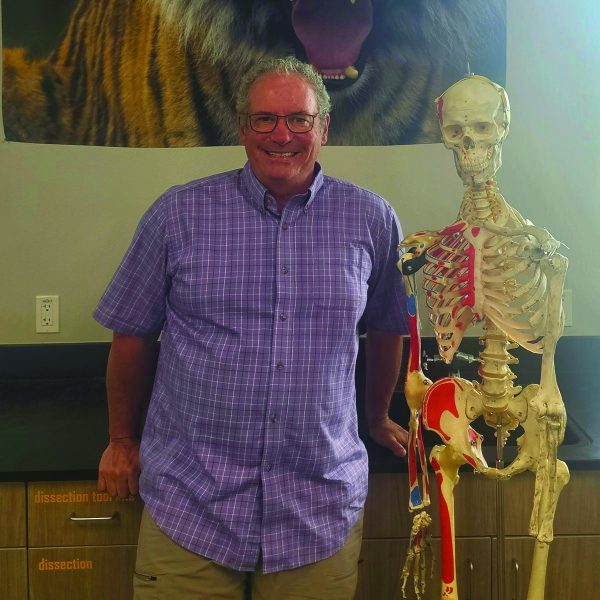Christmas traditions shine bright across the world
People around the world celebrate Christmas in multiple ways. For example, there are giant lantern festivals in the Philippines, a 13-meter tall Yule goat in Sweden, Kentucky Fried Chicken Christmas dinners in Japan, and an annual Cavalcade of Lights in Toronto.
Christmas, as it is known around the world today, is a religious holiday and worldwide cultural phenomenon. Christians celebrate Christmas Day as a commemoration of the birth of Jesus of Nazareth. Regardless of religious beliefs, families of different cultures and traditions celebrate the holidays in their own unique ways. Popular Christmas traditions include exchanging gifts, decorating Christmas trees, going to church, sitting down to eat with family and friends and — in some form or another — awaiting the arrival of Father Christmas or Santa Claus.
At this time, LHS has two foreign exchange students and various others with different cultural backgrounds. Here are some of their accounts of celebrating Christmas around the world.
¡Felíz Navidad!
Alvaro Rodenas de Lucas, a junior foreign exchange student at LHS, is from Spain. He said stores in Spain start selling Christmas products in October, and people start celebrating Christmas early in December. Some of their traditions mirror more western traditions, such as waiting for Papá Noel or Father Christmas.
“I like eating dinner with [my] family and receiving gifts,” he said.
Turron, or almond nougat, is one of his favorite foods that he and his family eat on Christmas. They celebrate Christmas until Jan. 7, the Feast of the Magic Kings.
Meri Kurisumasu!
Liliya Admire, an LHS junior, is Japanese-American. According to Admire, Christmas traditions are not family-based in Japan.
“It’s more for couples and friends,” she said. “Friends will have their own little parties and couples would go on cute little dates.”
Christmas is not as important to her Japanese mother as it is to her American dad, Admire said. Their Christmas celebrations in Lewiston have slowly been dying out, now only consisting of a meal her father cooks and exchanging small presents.
“We only celebrated it because it was such a big part of my dad’s life growing up,” she said.
Kung His Hsin Nien bing Chu Shen Tan!
Stephanie Ho, a sophomore foreign exchange student, is from Taiwan. According to her, people in Taiwan don’t really celebrate Christmas.
“We only celebrate Chinese New Year,” she said.
During the New Year celebration, everything is red, she said. Her family is traditional and adheres to customs that other families in Taiwan don’t necessarily follow, such as worship.
“I asked my friends if they do the things my family does for Chinese New Year,” Ho said. “They don’t — my family is just really traditional.”
Maayong Pasko!
In the experience of this writer, who grew up in the Philippines, people there try to celebrate Christmas for as long as possible. Big businesses and stores start decorating for the holiday as early as September. The more religious holiday customs start Dec. 16 with the Misa de Gallo, or early morning mass, which ends on Christmas Day. Catholics believe that when one attends all nine masses, a wish will be fulfilled. Christmas celebrations continue until the first Sunday of January, the Feast of the Three Kings.
Merry Christmas!
Allison Bennett is a senior at LHS. She has lived in Lewiston all her life and she mainly spends Christmas with her family.
“We have a tradition of watching National Lampoon’s Christmas Vacation on Christmas Eve right before going to bed,” she said.
What she enjoys most about Christmas are the traditions that she and her family have — just hanging out with them, she said. She also enjoys how Lewiston celebrates the holiday season.
“I like how we have the lights strung up on trees by the North Lewiston bridge, and the tradition of people driving down Candy Cane Lane to see all of the lights that people decorate their houses with,” Bennett said.
Here is a group of Christmas Carolers in the Philippines

